Retina Specialist in Andheri , Mumbai
UNDERSTANDING RETINAL DISEASES
Retina Specialist in Mumbai
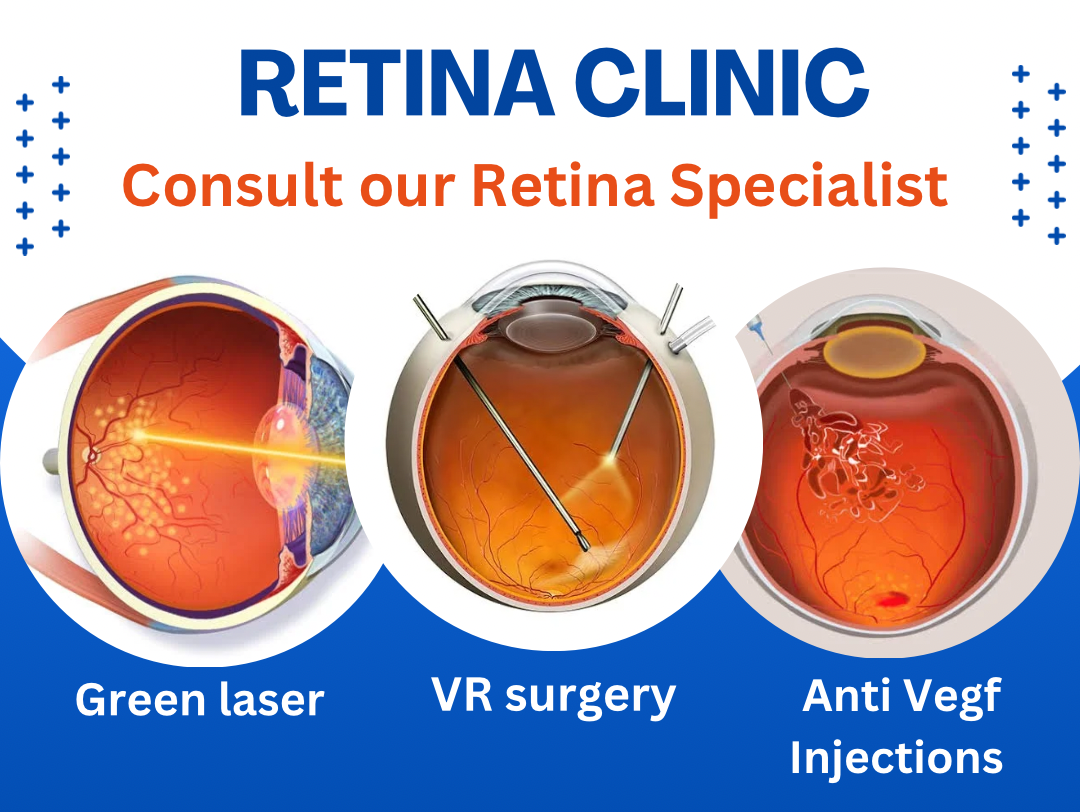
At Tandon Eye Hospital, we realize how retinal diseases can impact your sight and life in general. The retina is a thin layer of tissue at the back of the eye that critically converts light into visual signals for the brain. Damage to the critical tissue here will surely cause severe loss of vision or complete blindness. Our diagnosis and specialized treatment capabilities treat a wide spectrum of retinal conditions, so you can be assured that you are receiving the best possible care from the best Retina Specialist in Mumbai.
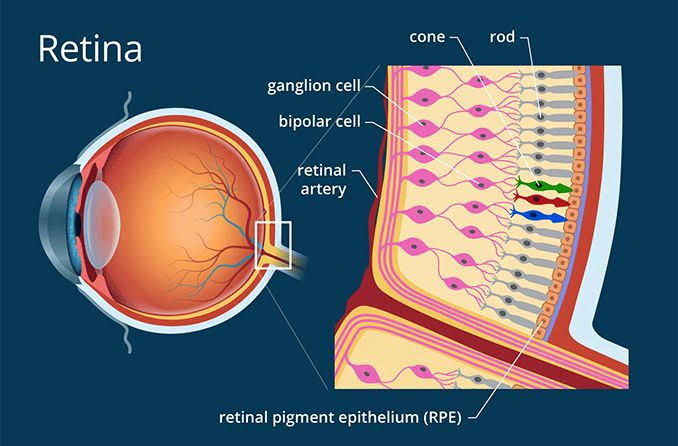
Understanding Retinal Diseases
Retinal diseases can come in many different forms, which uniquely will affect your vision. Some common retinal diseases are:
- Retinal Tear: A retinal tear results from the shrinking of vitreous gel within the eye that pulls on the retina, leaving breaks in the tissue. Symptoms usually appear quickly, with sudden floaters and flashes of light.
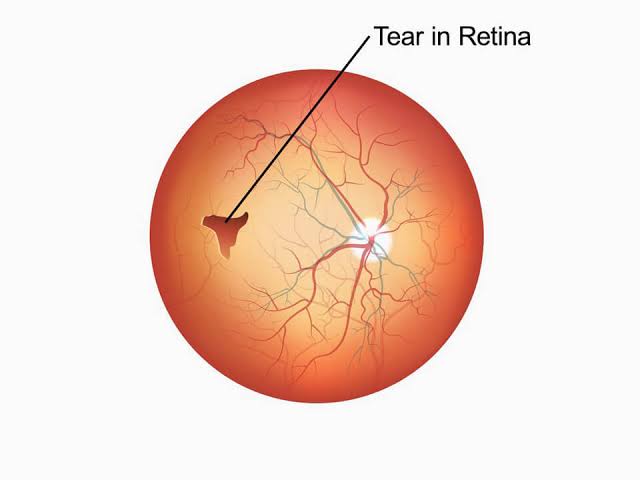
- Retinal Detachment: This is a serious condition in which fluid gathers beneath the retina, lifting it off its normal location. Symptoms can be sudden changes in vision and increased floater.
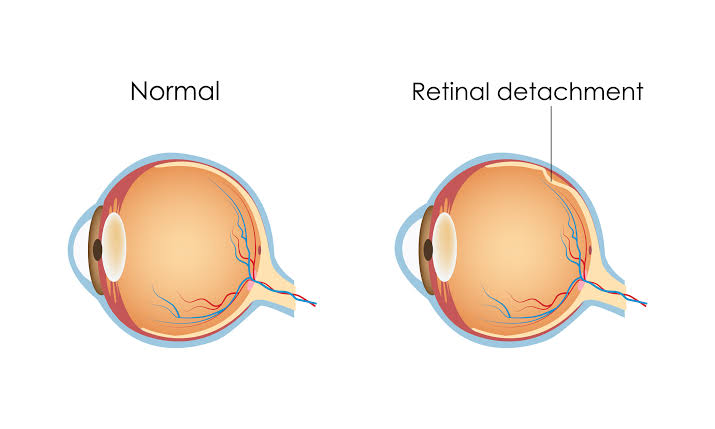

Vision after retinal detachment often appears blurred or distorted, with potential dark spots, flashes of light, or a curtain-like shadow blocking part of the visual field.
Diabetic Retinopathy: Diabetes can damage the smallest blood vessels in the retina, sometimes causing swelling, bleeding, or even significant vision loss.
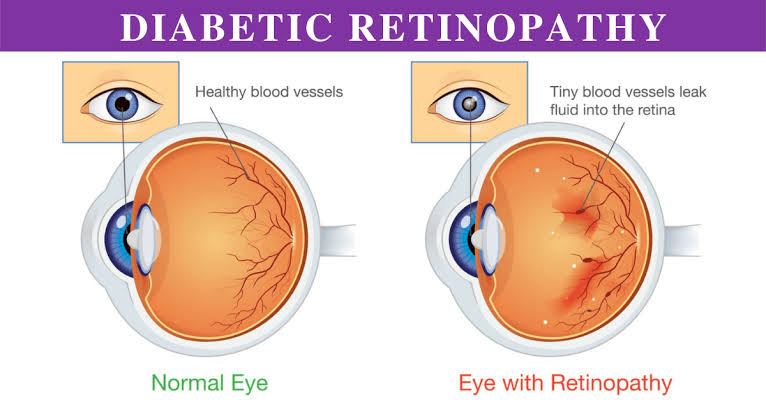
- Macular Degeneration: This is a progressive disease that affects the central part of the retina, with blurred or distorted vision. It typically affects elderly adults and can either be dry macular degeneration or wet macular degeneration.
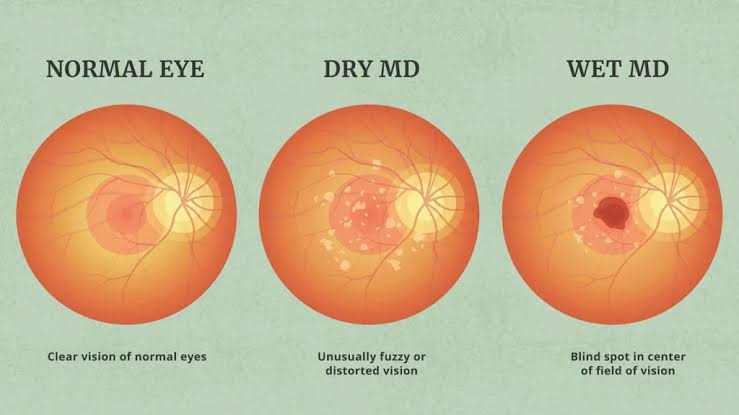
Symptoms to Watch For
There are a few symptoms of retinal disease, which you should be aware of:
- Seeing floaters or spots in your field of vision
- Blurred or distorted vision
- Loss of central or peripheral vision
- Flashes of light or sudden vision change
If you experience any of these symptoms, consult a Retinaspecialist as soon as possible.
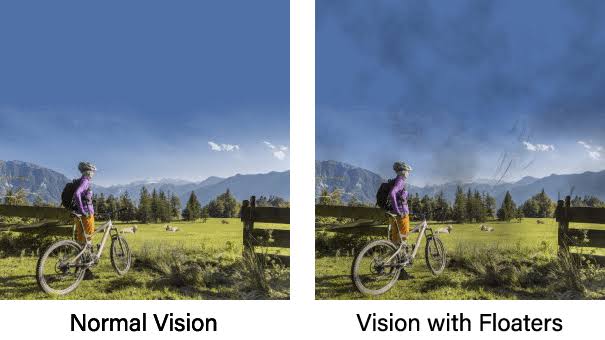
Diagnostic Procedures
At Tandon Eye Hospital, our expert ophthalmologists, and Retina Specalist, use the newest diagnostic technology to check up on your retinal health. The following diagnostic tests are most important.
- Amsler Grid Test: A quick screening tool intended to assess the clarity of central vision and detect distortion.
- Optical Coherence Tomography (OCT): This imaging modality captures high-resolution images of the retina for the diagnosis and monitoring of retinal diseases.
- Fluorescein Angiography: This imaging modality captures high-resolution images of the retina for the diagnosis and monitoring of retinal diseases.
- Indocyanine Green Angiography: It uses infrared light to have a deeper view of the retinal blood vessels.

Treatment Options
Our overall aim is to prevent or slow the progression of retinal diseases and preserve your vision. Treatment options available at Tandon Eye Hospital include:
- Laser Surgery: Effective for repairing retinal tears or holes, preventing further detachment.
- Cryopexy: A freezing treatment used to secure the retina in place.
- Scleral Buckling: A form of surgery in which a silicone band around the eye relieves pressure on the retina.
- Vitrectomy: It is a procedure needed to remove the vitreous gel. This is typically performed for severe retinal detachment or with active and uncontrollable hemorrhage.
- Intravitreal Injections: Medications are directly injected into the eye, which may be used in the treatment of certain diseases, like age-related macular degeneration, among others.
FAQ
Frequently Ask Questions.
Learn more about eye operation, treatment, and best eye surgery in Mumbai, India.
Common treatments for retinal conditions include laser therapy, anti-VEGF injections (to reduce abnormal blood vessel growth), and surgery, depending on the specific condition.
Anti-VEGF (vascular endothelial growth factor) injections are used to treat conditions like wet macular degeneration and diabetic retinopathy. They help reduce abnormal blood vessel growth and leakage in the retina.
Laser therapy uses focused light to treat various retinal conditions like retinal tears, diabetic retinopathy, or macular degeneration by sealing off damaged blood vessels or repairing retinal tissue.
The frequency of treatment depends on the severity of your condition. Anti-VEGF injections may be required monthly or bimonthly at first, while laser treatments or surgeries are typically one-time procedures but may require follow-up care.
Retinal surgery is usually performed under local anesthesia with sedation, so you will not feel pain during the procedure. Some discomfort may occur after the surgery, but it can be managed with medication.
Recovery time varies based on the type of surgery. For most retinal surgeries, it may take a few weeks to a couple of months for your vision to stabilize. Your doctor will provide specific recovery guidelines.
Many retinal treatments, including laser therapy and injections, are covered by insurance. However, it’s important to check with your provider to understand what your plan covers.
- Treatment options include laser therapy (photocoagulation), anti-VEGF injections, and, in advanced cases, vitrectomy surgery to remove blood or scar tissue from the retina.
Laser treatment helps by sealing leaking blood vessels in the retina and preventing further damage. It can slow or stop the progression of diabetic retinopathy but cannot reverse the condition.
Vitrectomy surgery is used to treat advanced diabetic retinopathy. It involves removing blood and scar tissue from the eye’s vitreous gel to restore vision and prevent further retinal damage.
Yes, anti-VEGF injections are highly effective for treating diabetic retinopathy by reducing abnormal blood vessel growth and preventing leakage, which helps preserve vision.
There is no cure for diabetic retinopathy, but early diagnosis and treatment can help manage the condition and prevent further vision loss. Controlling your diabetes and regular eye exams are critical for maintaining eye health.
Recovery time varies depending on the treatment. For laser therapy and injections, recovery is relatively quick, typically a few days to a week. Vitrectomy surgery may require a longer recovery period of several weeks.
Yes, controlling blood sugar, blood pressure, and cholesterol through a healthy lifestyle is essential in managing diabetic retinopathy. Regular exercise, a balanced diet, and routine medical care can slow the progression of the disease.
The best way to prevent vision loss is through early detection, regular eye exams, and keeping your diabetes under control. Timely treatment is crucial to preventing further retinal damage.

